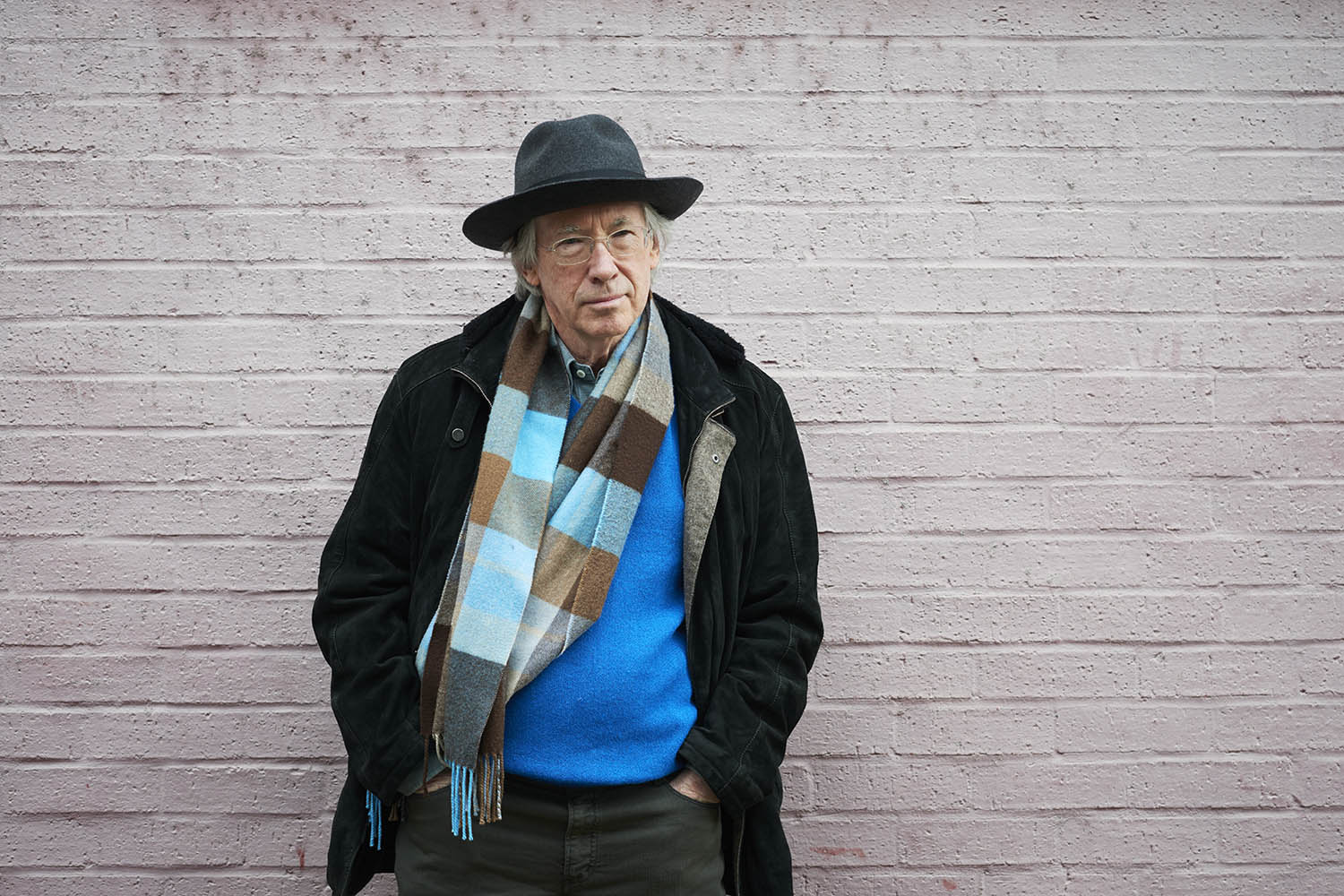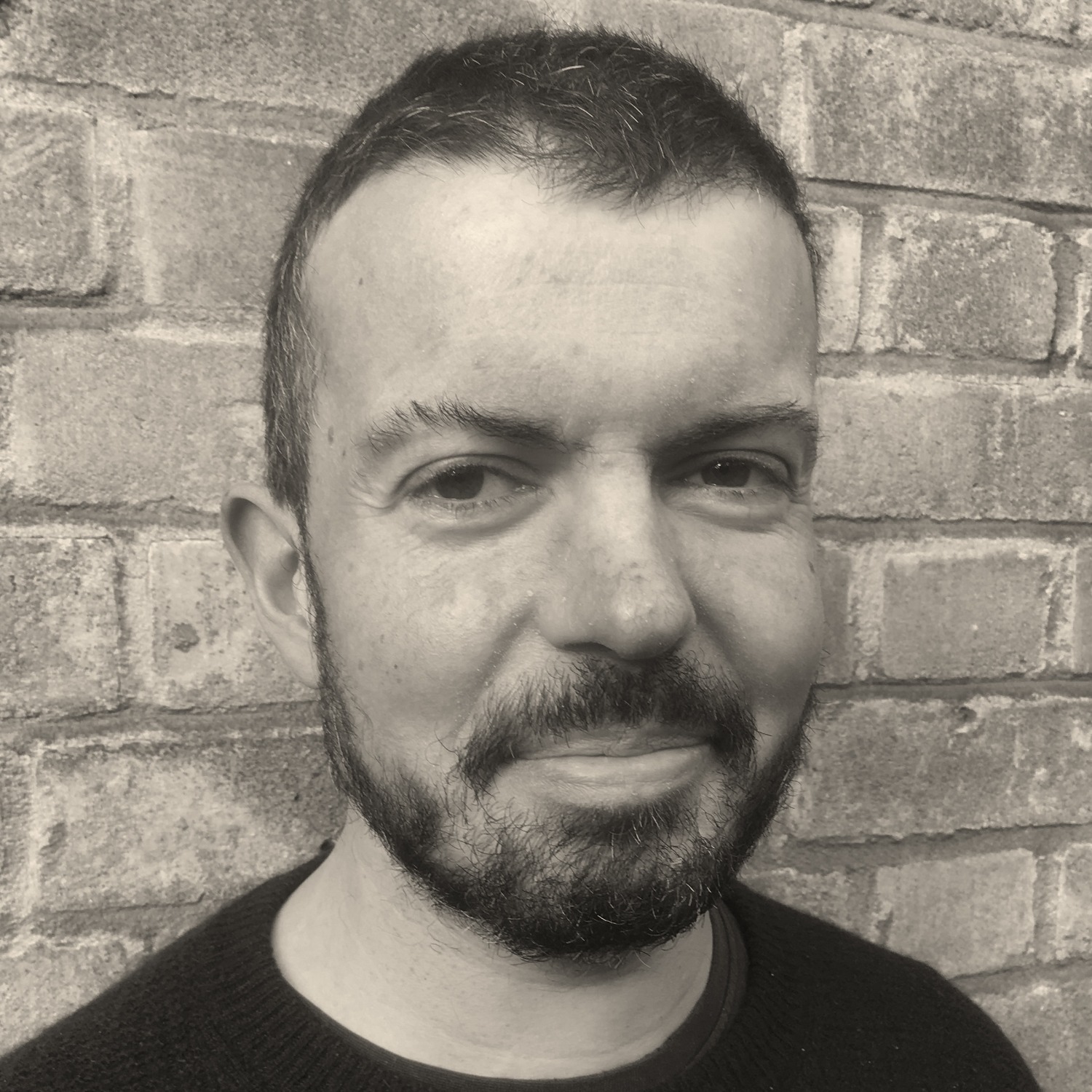Ian McEwan’s previous novel, Lessons, was marked by the publication of a long interview in the Atlantic with John Updike’s biographer, Adam Begley, who casually disclosed during the piece that McEwan had asked him to write his biography too. Whether Begley assented he didn’t say, but he told readers that he knew “without asking” that McEwan won’t talk about his first wife, Penny Allen, who was served with an injunction in 1999 preventing her speaking about their marriage. A hurdle, perhaps, for any authorised biographer – not least when a key storyline of Lessons, as Begley said, was “a funhouse distortion” of that marriage.
I suspect Begley might raise an eyebrow to see that McEwan’s new novel, What We Can Know, involves the written story of a marriage being buried deep underground to be discovered more than a century later by trawling scholars – and a biographer awkwardly backing out of an agreement to write a famous author’s life story. But that’s only half the tale. Set in a flooded 22nd-century Britain, the novel mixes doomy futurism with a spiky campus satire about the fate of literature in an uncaring world, before finally taking shape as a gripping page-turner about marital duty and guilt. The movement between the domestic and the geopolitical hasn’t always been smoothly managed in McEwan’s work, but it’s carried off here with winning audacity.
The novel opens in 2119, in the aftermath of AI-led nuclear wars between world powers, and the devastation wrought by a Russian hydrogen bomb that, missing its target in the US, exploded in the Atlantic and flooded three continents. The world’s population has halved; life expectancy has fallen to 62; Britain is now a collection of islands whose citizens live off protein extracted from carbon dioxide; coffee is made from acorns or chicory – a rare treat; and as for chocolate, no chance.
Our guide to this damaged environment is a university lecturer, Tom, gamely teaching students literature. His scholarly obsession is the late-20th-century poet Francis Blundy, “second only to Seamus Heaney, according to some, to others, second to none”, in the words of Blundy’s widow, Vivien. At a legendary gathering for her birthday in 2014, Blundy read her a long nature poem from a vellum scroll – the only copy of what became a mythical lost masterpiece. Rumours swirl that oil companies paid Blundy to suppress it – an idea that even the novel itself has to acknowledge is nuts, but which underlines the mystery of why Vivien never spoke about the content after Blundy’s death (as well as enabling a passage about cancel culture: someone high up in the book trade vows never to read him again if it’s true).
As Tom describes his life as a lecturer at the University of the South Downs, making research trips to the Bodleian library – now in Snowdonia, not Oxford, the latter now underwater like “scores of vanished cities”, London, Paris and New York among them – he also outlines his third-person account of Blundy and his circle, reconstructed from the vast trove of emails, texts and encrypted messages Tom is able to access via the Nigerian internet, repeatedly mentioned as a mark of the country’s rise to pre-eminent world power. The one thing he doesn’t have is Blundy’s unpublished poem – until a tip-off sends him north through inland waterways controlled by bandits in electric skiffs (the novel really does have everything).
The second part of the book – I’ll stay vague for fear of spoiling McEwan’s intricate construction – is the first-person testimony of Vivien, written during lockdown in 2020 and sealed underground. In it she writes not only of Blundy but of her first husband, Percy, a violin maker who developed early-onset Alzheimer’s. Attention to the awful texture of that, from forgetfulness to bed-soiling, is added to her guilt about a grimly ill-fated time as a young mother, her lifelong appetite for sex, and her desire to write, having put a scholarly career on ice after publishing a study of the poet John Clare.
Much of the detail in Tom’s account of the Blundys, from a reference to a Greek holiday to why exactly Blundy’s preferred biographer backs out, doesn’t seem to earn its keep until you reach the end, and waiting for the dangling fuses to be lit might have been boring were it not for the consistently chewy provocation of McEwan’s vision of the future. There’s an almost goading quality right from the first line: “On 20 May 2119 I took the overnight ferry from Port Marlborough and arrived in the late afternoon at the small quay near Maentwrog-under-Sea that serves the Bodleian Snowdonia Library.”
Later on in the novel, Tom tells us that “completely white people have become a substantial minority”, discriminated against in a 22nd-century Britain where the prevailing skin tone is brown, mentioning his own distant Pakistani-Scots heritage and the Malian-Pashtun roots of his lover, Rose.
Behind this vision – and a lot of stuff about the withering of the student mind – you sense McEwan questioning what he’s devoted his life to. Tom’s specialism, the literature between 1990 and 2030, just happens to be McEwan’s era. Much of McEwan’s work has been shadowed by a sense that baby-boomer fiction can’t live up to the urgency of the second world war, but you can feel him grappling here with the possibility that future turmoil might make the novels of our age seem smaller still. Tom struggles to get his bosses to let him set his beloved 90-30 course. “The period was too narrow! The great wars came before and after those 40 years! The Indundation had not happened ... the Derangement had hardly begun.” (But then, we’re told, the course was oversubscribed and other universities started to copy it.)
Our attention is held firmly by a torrid tale of care and desperation
Our attention is held firmly by a torrid tale of care and desperation
“What brings our students round to the beginning of a mature understanding of history ... is simply detail,” Tom tells us confidently. The riveting particularity of Vivien’s late-arriving testimony feels designed to make that point, as if to settle an argument about the virtues of literary realism. Although the desire to win the argument as satire leads McEwan into contradiction when Tom is confronted with students who can’t be expected to write more than 400 words or read 90 pages a week and don’t want to learn about the past: “Enough of some war a computer program started a hundred years ago,” one says, interrupting Tom’s seminar. “We want to talk about now.”
Newsletters
Choose the newsletters you want to receive
View more
For information about how The Observer protects your data, read our Privacy Policy
McEwan doesn’t quite nail all the conundrums faced by any futuristic world-builder: Tom’s encounter in the Bodleian canteen with another academic handily explains Britain’s system of government (“He was astonished by my political innocence”). Literature seems to matter in his future world too much as well as too little. And there’s a sense of in-joke hanging over the enterprise: McEwan’s friend Craig Raine features; there is a key reference to a book written by his former editor’s late mother-in-law; and one of Tom’s favourite writers is the biographer Richard Holmes, who is also the source of the title, the epigraph tells us (it comes from a passage about biographical truth in 1993’s Dr Johnson & Mr Savage).
There are layers teasingly within layers here. But, by the end, the novel doesn’t seem to be playing any more, as our attention is held firmly by a torrid tale of care and desperation involving blackmail, a locked box, and a mallet blow that lands with “a deep muffled thump, but edged with a finer sound, a filigree of delicate rupture”. McEwan hasn’t lost his touch for the grisly, and it all serves in its melodramatically heightened way to suggest that “what we can know” is always pretty much nothing – and that this might very much be for the best.
What We Can Know by Ian McEwan is published by Jonathan Cape (£22). Order a copy from The Observer Shop for £19.80. Delivery charges may apply
Editor’s note: our recommendations are chosen independently by our journalists. The Observer may earn a small commission if a reader clicks a link and purchases a recommended product. This revenue helps support Observer journalism
Portrait by Suki Dhanda

